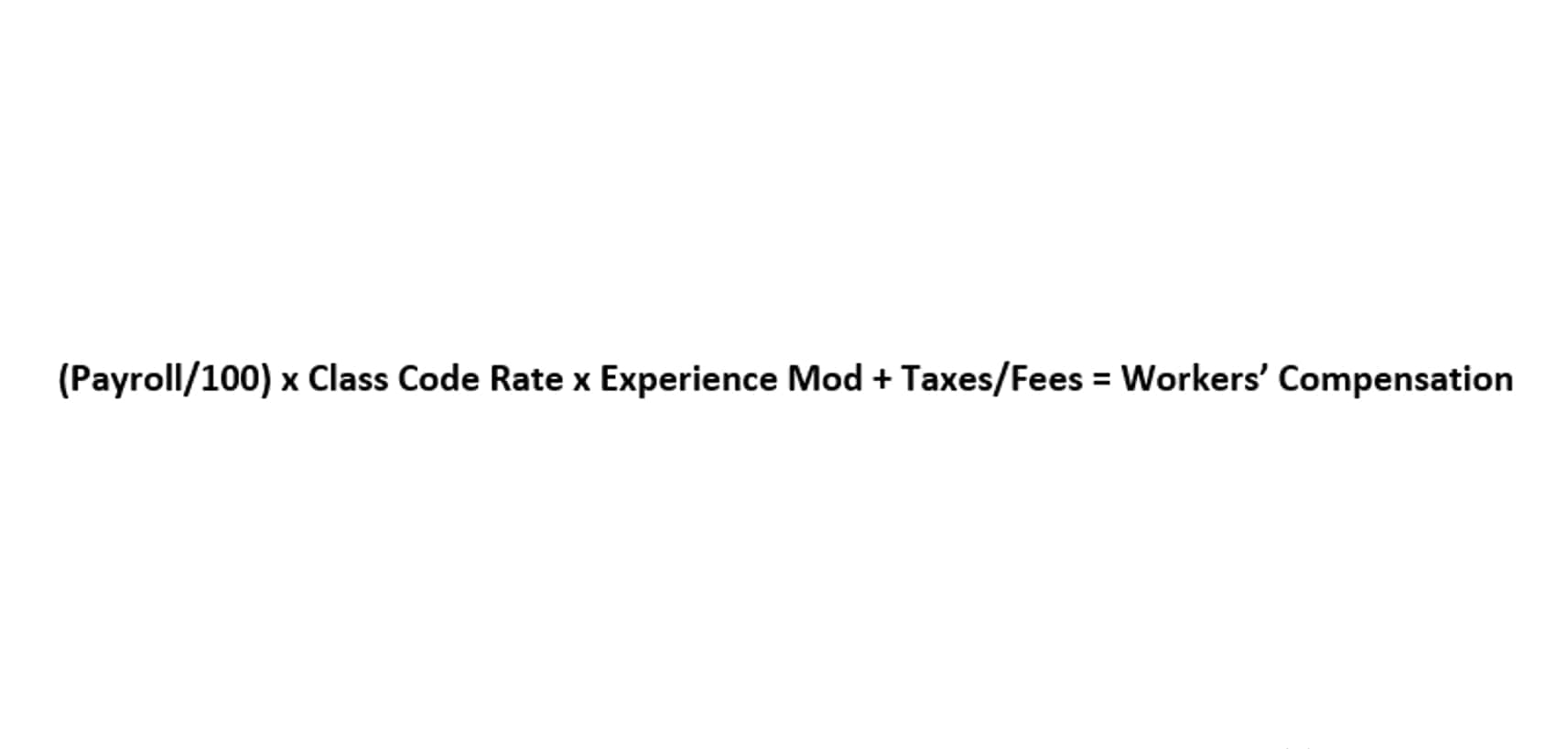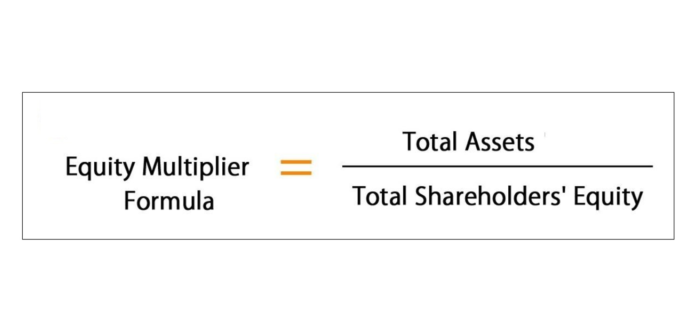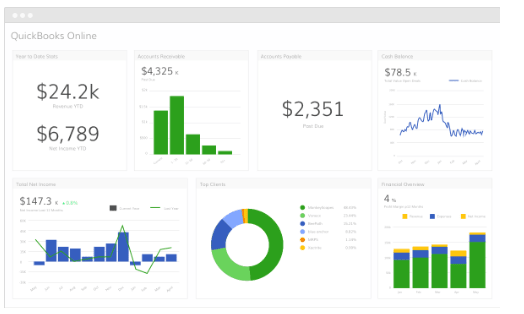Flexible Budgets

The advantage Online Bookkeeping to a flexible budget is we can create abudget based on the ACTUAL level of production to give us a clearerpicture of our results by comparing the flexible budget to actualresults. This analysis would compare the actual level of activityso volume variances are not a factor and management can focus onthe cost variances only. In theory, a flexible budget is not difficult to develop since the variable costs change with production and the fixed costs remain the same.

Related AccountingTools Courses
When preparing a flexible budget, managers are forced to consider the different scenarios and their responses to them. Thus, for a number of different situations, managers will have calculated their costs and revenues. If an unexpected event does occur, changing the level of activity, the management will be better prepared. However, there is a potential shortcoming in using static budgets for performance evaluation. Specifically, when the actual output varies from the anticipated level, variances are likely to arise. Flexible budgeting is an adaptive financial management tool designed to vary according to the company’s actual levels of activity or production.
- This way, managers can make decisions based on financial information that matches the current state of the business.
- As mentioned before, this model is a much more hands on and time consuming process requiring constant attention and recalibration.
- And if you want to maximize profits no matter the sales number, you should read on to get familiar with them.
- Thus, if the actual expenses exceed $8,880 by $X in the month with an 80% activity level, it would mean that the company has not saved any money but has overspent $X more than the budgeted amount.
- Budgeting in accounting is the process of creating a financial plan that estimates income and expenditures over a specific period.
- Tools like Limelight FP&A are indispensable for managing the complexity of advanced flexible budgets.
- Flexible budgets are dynamic systems which allow for expansion and contraction in real time.
What are the characteristics of flexible budgets?
- This allows for a more accurate comparison between budgeted and actual performance.
- We use our projected sales quantities and prices, materials, labour and overhead to generate our budgeted profit.
- Mitra revolutionizes budget management by offering detailed and customized financial analyses, allowing for a deep understanding of your company’s financial variables.
- This content is presented “as is,” and is not intended to provide tax, legal or financial advice.
- Due to the ability to make real-time adjustments, the results present great detail and accuracy at the end of the year.
This feature prepares businesses to navigate uncertainties and make proactive adjustments. Most businesses create a static budget based off a flexible budget may be prepared of a certain expected volume, typically taken from a financial forecast. It’s a useful starting point for setting budgets, but will not take into consideration whether the actual activity is in line with expectations. A flexible budget often uses a percentage of your projected revenue to account for variable costs rather than assigning a hard numerical value to everything.
Static Main Menu
Such comprehensive documents would provide the information necessary to manage the smallest of operating details that must be adjusted as production volumes fluctuate. Flexible budgeting is designed to dynamically adapt to variations in business activity, ensuring that financial planning is always aligned with the company’s operational reality. Fixed costs remain constant regardless of activity level, while variable costs change in direct proportion to activity. An example of a static budget in a stable business environment could be a small retail store with consistent sales throughout the year. The store’s budget would remain fixed, as its activity levels are predictable and do not fluctuate significantly.

It helps organizations allocate resources, plan for future financial needs, and monitor financial performance. This type of budget provides a more comprehensive view of financial performance by considering factors beyond immediate revenue changes. While straightforward, it has limitations because it doesn’t account for indirect or overhead costs.
ACCOUNTING for Everyone

The types decide the flexible budget format applicable in different scenarios. A flexible budget can be found suitable when business conditions are constantly changing. Accurate estimates are expected if the resources are available with the experts. A big organization should hire experts to prepare a flexible budget and to help their organization make a clear vision about what output should be produced to achieve the targeted profit.
They are typically created at the beginning of a fiscal period and are based on expected revenue and expenses for that how is sales tax calculated period. This type of budget is useful for organizations with stable operations and predictable financial patterns. A Flexible Budget is a budget that adjusts or flexes with changes in the volume of activity.
